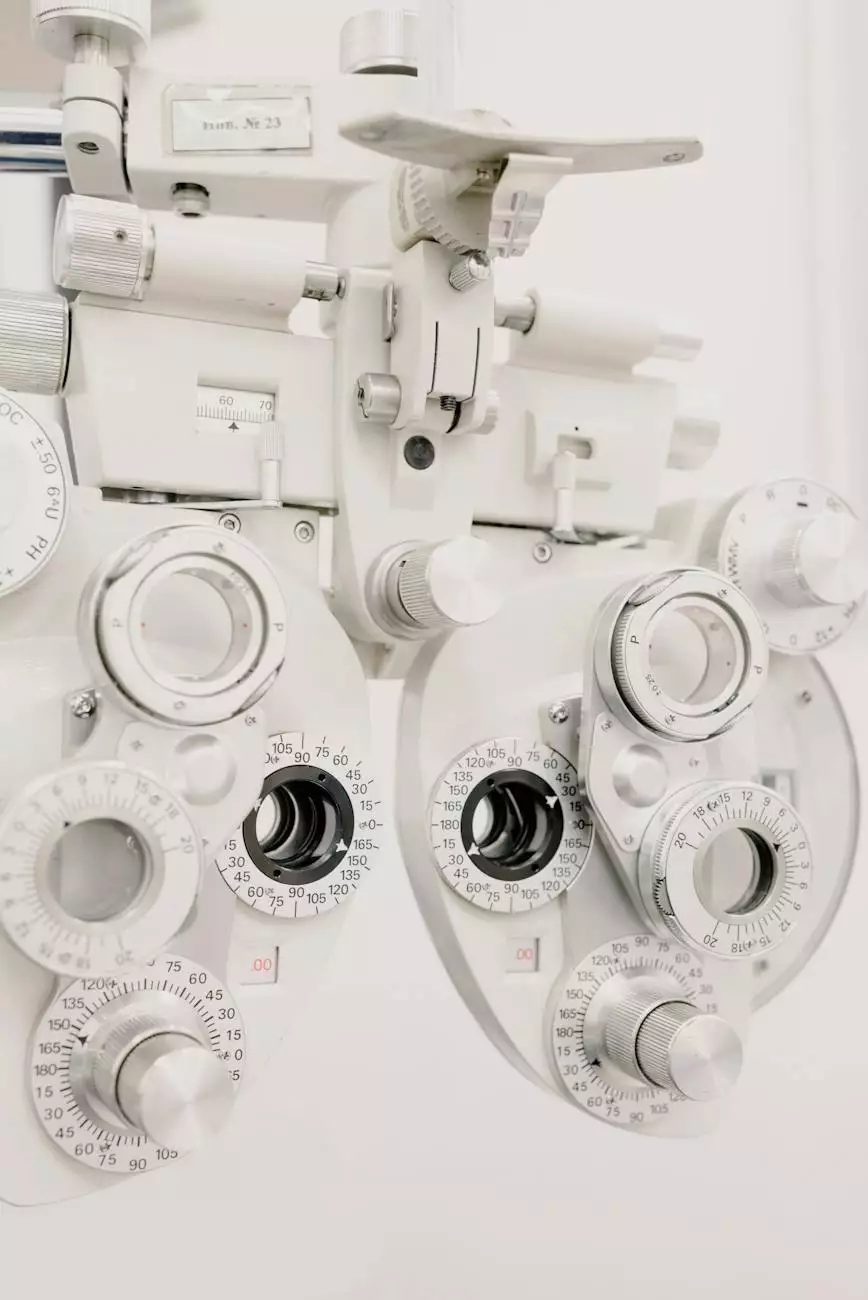What is Low-T and How Could It Affect You?
Biologic Therapies
Welcome to the comprehensive guide on Low-T and its potential impact on your health. Here at Sexual Health Education & Economic Telehealth Services, we understand the importance of addressing this condition and providing you with detailed insights to help you make informed decisions about your well-being.
Understanding Low-T
Low-T, also known as low testosterone, is a condition characterized by abnormally low levels of testosterone in the male body. Testosterone plays a crucial role in various bodily functions, including muscle development, bone density, sexual function, and mood regulation.
Low-T is more common in older men, but it can affect individuals of any age. Several factors contribute to this condition, such as aging, chronic diseases, genetic disorders, obesity, and certain medications. It is essential to identify the signs and symptoms of Low-T to seek appropriate medical attention.
Signs and Symptoms of Low-T
Recognizing the signs of Low-T is crucial in managing the condition effectively. Some common symptoms include:
- Reduced libido or sex drive
- Erectile dysfunction
- Decreased energy levels
- Depression or mood swings
- Loss of muscle mass
- Increased body fat
- Difficulty concentrating
- Insomnia or disturbed sleep patterns
Experiencing one or more of these symptoms may indicate a potential hormonal imbalance. It is advisable to consult a medical professional for a proper diagnosis and appropriate treatment options.
Effects of Low-T on Health
Low-T can have significant effects on your overall health and quality of life. Understanding these effects can empower you to take proactive steps in managing the condition. Here are some potential impacts of Low-T:
1. Sexual Function
Testosterone plays a vital role in sexual function, and low levels can lead to a decrease in libido, erectile dysfunction, and reduced sexual satisfaction. Addressing Low-T can improve sexual well-being and enhance intimate relationships.
2. Energy Levels and Fatigue
A decrease in testosterone levels may cause persistent fatigue, decreased energy levels, and a general feeling of lethargy. By addressing Low-T, individuals often experience increased energy and improved overall vitality.
3. Mood and Mental Well-being
Low-T can contribute to mood swings, irritability, and feelings of depression. Hormonal imbalances may impact emotional well-being and cognitive function. Treating Low-T can help stabilize moods and improve mental clarity.
4. Muscle Mass and Bone Density
Testosterone plays a critical role in muscle development and maintaining bone density. Low-T can lead to a decrease in muscle mass, increased body fat, and decreased bone density, potentially increasing the risk of osteoporosis and fractures.
5. Cardiovascular Health
Studies suggest a correlation between Low-T and cardiovascular health. Low testosterone levels may increase the risk of heart disease, high blood pressure, and other cardiovascular conditions. Addressing Low-T can help reduce these risks and promote better heart health.
6. Metabolic Health
Low-T is often associated with metabolic changes, including insulin resistance and an increased risk of developing conditions such as diabetes and metabolic syndrome. Treating Low-T can aid in improving metabolic health markers and reducing the risk of associated diseases.
Managing Low-T
If you suspect you have Low-T based on the symptoms you are experiencing, it is essential to consult a healthcare professional specializing in hormonal imbalances. Your healthcare provider will conduct various diagnostic tests to determine your testosterone levels and identify the underlying causes.
Treatment options for Low-T may include lifestyle modifications, such as regular exercise and maintaining a balanced diet. In some cases, hormone replacement therapy (HRT) may be recommended. HRT aims to restore testosterone levels to a healthy range, alleviating the symptoms and improving overall well-being.
Empowering You with Knowledge
At Sexual Health Education & Economic Telehealth Services, we are committed to providing you with accurate and up-to-date information on various health topics. Our team of experts specializes in sexual health and hormonal imbalances, ensuring that you have access to comprehensive resources.
Knowledge is power when it comes to your well-being. By equipping yourself with detailed insights on Low-T and its potential impact, you can make informed decisions and take proactive steps towards a healthier life.
Remember, it is always crucial to consult with a qualified healthcare professional regarding your specific condition and treatment options. Our team is here to support you with expert guidance, personalized telehealth services, and reliable resources.
Conclusion
In conclusion, understanding Low-T and its potential effects is vital for anyone experiencing symptoms or wanting to optimize their health. By addressing Low-T, individuals can improve sexual function, increase energy levels, stabilize moods, enhance muscle mass, and promote better overall health.
Explore the comprehensive resources on our website to gain further insights into Low-T and other related topics. Empower yourself with knowledge and take control of your well-being with the expert guidance and support of Sexual Health Education & Economic Telehealth Services.










